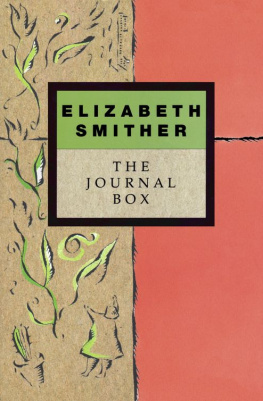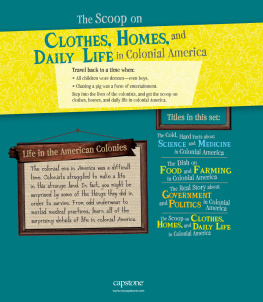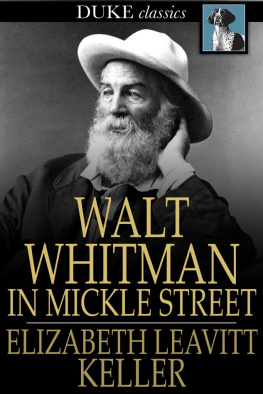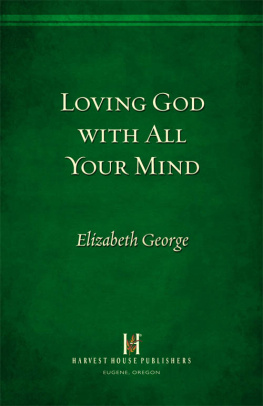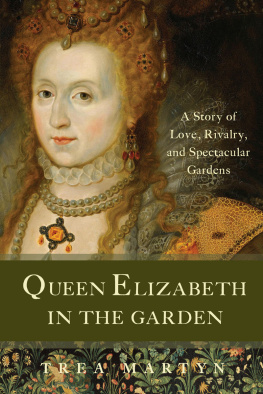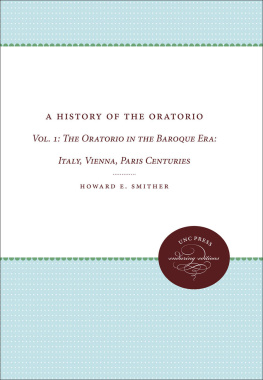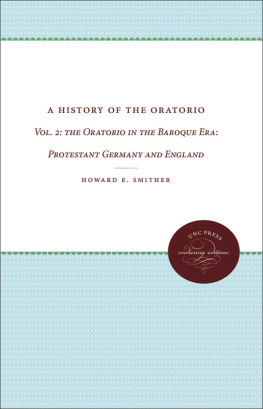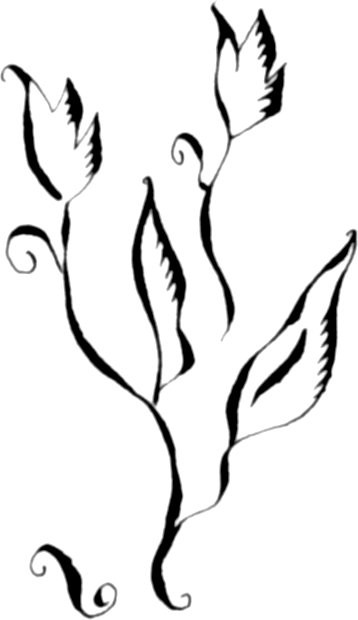September 1975 August 1976
S eptember
All last year I imagined myself to be 34. This year I shall imagine myself to be 33. In revenge.
Sat for a drawing tonight. Feel theres something of the eagle and the dove in my face as rigor mortis sets in also my heart, something between caramel and flint.
No tearing up allowed as in Gides TheChipsareDown. I must write something about Gide and Em. Very similar to my own marriage in some respects. Im Em of course. I think she had a fierce spirit, usually put down to Manichean attitudes, which just evades the question of course. Also Im very impressed by Sam [Hunts] Aunt Hillary and her life. Hanging out the washing with pneumonia, dying at the end of the same day. Victorian husband unable to see anything, like a blinkered horse. Remember hanging out washing in the snow at Patearoa.
The temptation to cross out, tear up, and start again is almost irresistible. Always has been with me. Sometimes Ive had to hang in the situation Ive found myself in, like those well-equipped mountaineers who hang in cocoons on the sides of mountains like glass in order to sleep and go on.
Tonight it is raining: the quality of mercy is not strained. Straining from the skies over and over. The cat is sleeping on my bed again.
Im still frightened of the pages in this book and of the lines. The blank page doesnt frighten me though. Perhaps because at heart Im an extremist.
Sorting these poems, some of which I hardly recognise, is not going to be a pleasant job. Therefore Im determined to get it over quickly. Too much hesitation makes one feel either a genius or a fool when a combination is nearer the truth. A cross-pollinated fool. A lot of things Id like to talk about and Im avoiding like the plague. The need to see oneself in a good light. Proceed with the light conversation, James. And make sure the bannisters are dusted every half-hour!
Im not lonely, but alone. I go into action when people call. A typical example is yesterday. In a curious slothlike mood and feeling very introverted someone calls, then another, a car breaks down, I ring the garage, lend books, collect the children and spend the rest of the day working like an out-of-tempo charlady. I detest and wait for the outside event like Ive had to wait for the plots of the novels I intend to write. But it is funny how they fell on me, these two or three plots or schemes. Until then I had nothing to hang my hats on.
Small writing reminds me of Charles Brasch and James K. Baxter. Maurice [Shadbolt] had a poem of Baxters pinned on the wall near his depleted bomb-shelter bar. Small tight writing, a spider couldnt have got between the upstrokes, a reserved stiffness as well. He was probably lonely, even at Jerusalem. Strange that in two such philosophic men the hearts should be so reserved.
Selecting is going to be a great deal harder than I anticipated. If I dont do it quickly I am going to lose my courage. Half my early poems I can hardly understand. The emotions that inspired them are dead and they are like autumn leaves in a shoebox. Sometimes I remember a feeling of triumph after writing something (usually false in the morning): perhaps that remembered joy, wild as Heathcliff, should be the guide. The moment I really knew I could write: galloping across the field between classrooms at Girls High, stunned by the praises of the English mistress which had been delivered in the deplorable library. Somehow I had to calm myself and the destiny that had attached itself to my feet by leaping and bounding about before the next class.
Martha and Mary. Obviously they were sisters. In these last days Ive achieved an amalgam of the two: by doing the housework very slowly and thoughtfully I suppose the way Mary did it when there was no one to listen to.
Art is really a way of making life bearable. When I was in Wellington walking down from my friends flat I looked for a rooster Id seen the time before perched on a balcony. But he wasnt there. A moments disappointment while I went on walking automatically. Nor was there the pile of vomit at the bottom of some very dirty steps. Yet if I am to write of the time there, so many impressions, actions and consequences, and the charm of past moods, almost determinedly set themselves into a story or poem. The ships at the end of the street, for instance. But in reality werent there many dull moments, freed of responsibility ? The tragedy with life is that we have to live it before we can use it.
Going to take Thomas down to see the ships. If only one would come in while we were there. There is a tanker but it is waiting until Monday.
My brother used to watch ships lying on his stomach on a hill that overlooked the port. I was often sent to find him. He was usually dreaming with a straw in his mouth. Even today there are few things that excite me as much as ships. I prefer ordinary cargo ones, their Plimsoll lines exposed like a dirty ring in the bath, the ones with a bit of rust on them. What a difference between loaded and empty, wallowing like great snails in the waves, dragging their bellies full of grain or carcasses or phosphate . Empty they look hollow and ill. As children we could often tell what was being unloaded by what was stuck to our fathers eyebrows. Sometimes they were quite yellow with sulphur . No doubt they were an evolutionary feature such as would have pleased Darwin. There is a similar pleasure in scaffolding. Scaffolding and derricks.
A mouse with its belly ripped open on the carpet last night and this morning the cat had a fantail and a piece of twig with leaves. TheRoman SpringofMrsStone.
People can only face themselves if they are loved. I meant to continue this idea but visitors came and love can wait. Visitors rarely can.
Of all the writers I have read and admired the one who has given me the greatest joy and is closest to my own private conclusions is Turgenev. His writing is so refreshing, joyous, witty and observant. I cant really say what I want to about him Ive just been reading VirginSoil. I literally gulped it down and now theres only one volume and Ive read all his writing. He has great daring without malice and his heroes are invariably loveable. He too must have loved what is reserved and shy in some natures and how subtly, without the least unfairness, he makes us aware of a silhouette that is just a trifle unsatisfactory. I felt this instantly about the character of Valentina Mihailovna in VirginSoil and yet how does Turgenev convey this? He wants you to sense it by a kind of osmosis. The opposite of Mauriac in a sense, Turgenev finds something good in most natures, even when they are shallow or suffering. It must be this godlike attribute that gives him his appeal. Perceptiveness combined with innocence. Who else could have written of Fomishka and Fimishka without behaving like a Dickens? In fact Im convinced we are better on misery than we are on joy. Noticed this week in a review of Ms exhibition a critic floundering about in praise, not in his stride, using the littlest words (you can almost see him blushing, a cornered man proposing to a lady while her father pokes a rifle through the window). But in the next paragraph he is thankfully able to attack something again and instantly the words grow bigger . He is a creature accustomed to biting.
A good name for a critic would be the name of a fox terrier on a Disney programme Chainsaw.

